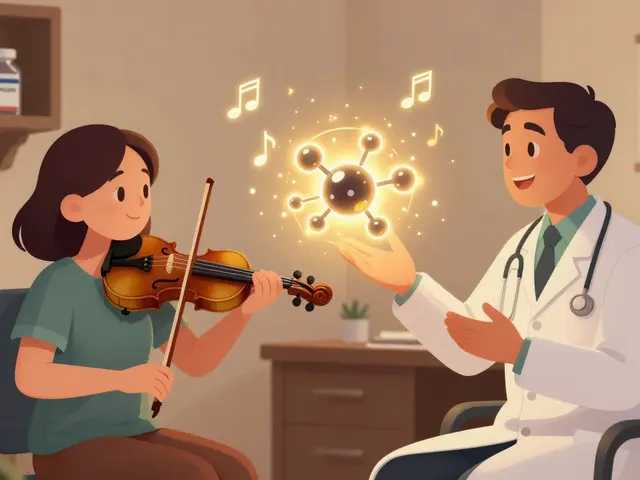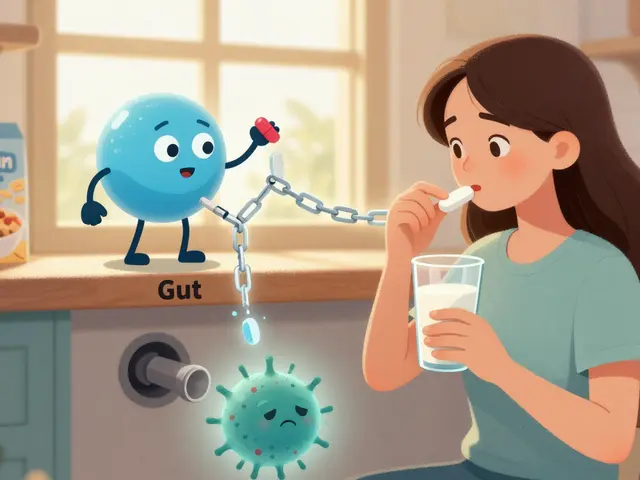
Thyroid Cancer: What You Need to Know
If you’ve heard the term "thyroid cancer" and wonder what it really means, you’re not alone. The thyroid is a tiny gland in your neck that makes hormones controlling metabolism. When abnormal cells grow there, they can form a tumor – that’s thyroid cancer. Most people never notice anything serious, but understanding the basics helps you act fast if something pops up.
Common Signs and Symptoms
Early thyroid cancer often feels like nothing at all. Still, a few clues tend to show up:
- A lump or swelling in the front of your neck that you can feel or see.
- Sudden hoarseness or changes in voice that don’t go away.
- Difficulty swallowing food or feeling like something is stuck.
- Pain in the throat, neck, or even ears without an obvious cause.
- Unexplained weight loss or rapid heartbeats (though these can be from many things).
If any of these linger for weeks, it’s worth getting a check‑up. Doctors usually start with a physical exam and then order an ultrasound to see the thyroid’s shape.
Treatment Options & Managing Care
Most thyroid cancers grow slowly, so doctors have several ways to tackle them:
- Surgery: Removing part or all of the thyroid is common. It often cures early‑stage cancer.
- Radioactive iodine therapy: After surgery, a small dose of radioactive iodine can hunt down leftover cells.
- Thyroid hormone pills: Once the gland is gone or reduced, you’ll need daily hormones to keep metabolism normal.
- Targeted drugs & radiation: For advanced cases, newer medicines that block specific cancer pathways can help.
Recovery isn’t just about treatment. Here are a few practical tips:
- Keep all follow‑up appointments – doctors track hormone levels and look for any sign of recurrence.
- Watch your diet. Calcium‑rich foods support bone health, especially if you’re on hormone replacement.
- Stay active but avoid heavy lifting for a few weeks after surgery; it protects the neck incision.
- Join an online or local thyroid cancer community. Sharing stories makes coping easier.
Remember, thyroid cancer has one of the best survival rates among cancers when caught early. Knowing what to look for and how treatment works puts you in control.
Got more questions? Browse our other articles on medication guides, supplement safety, and disease info – we’ve got plain‑English answers you can trust.
-
11 Mar






